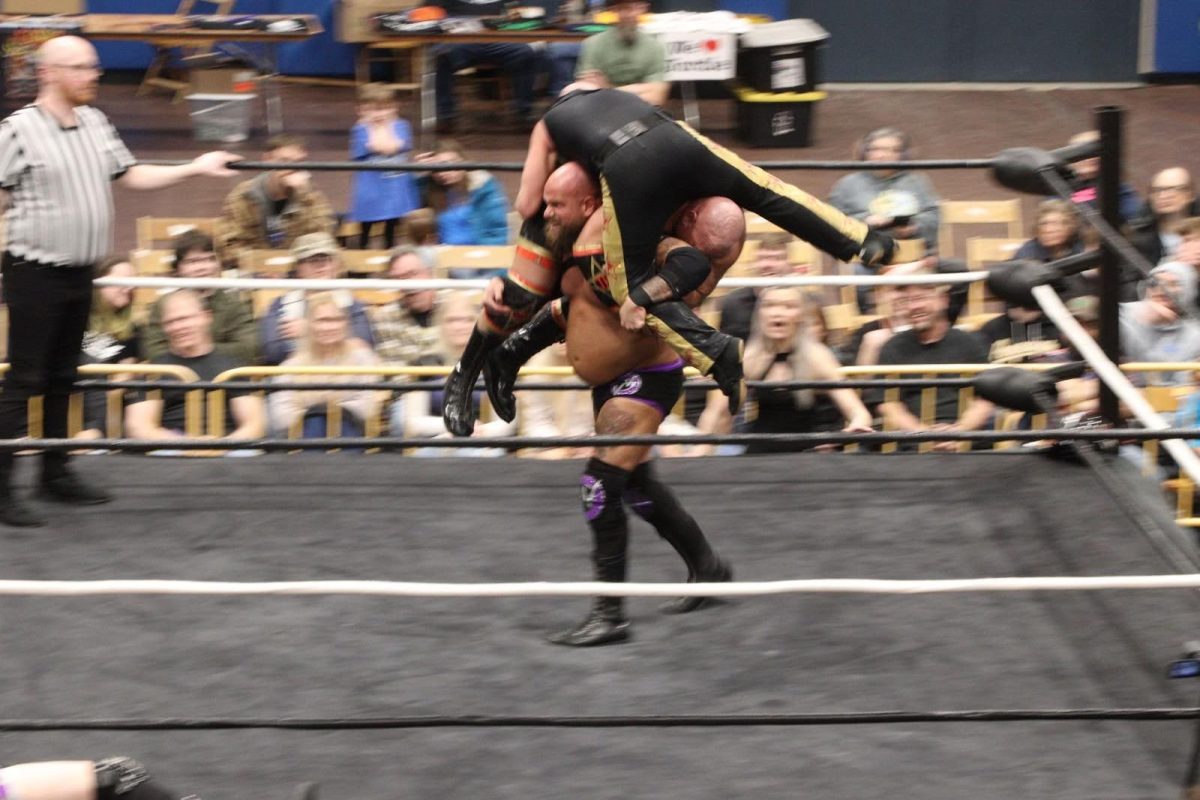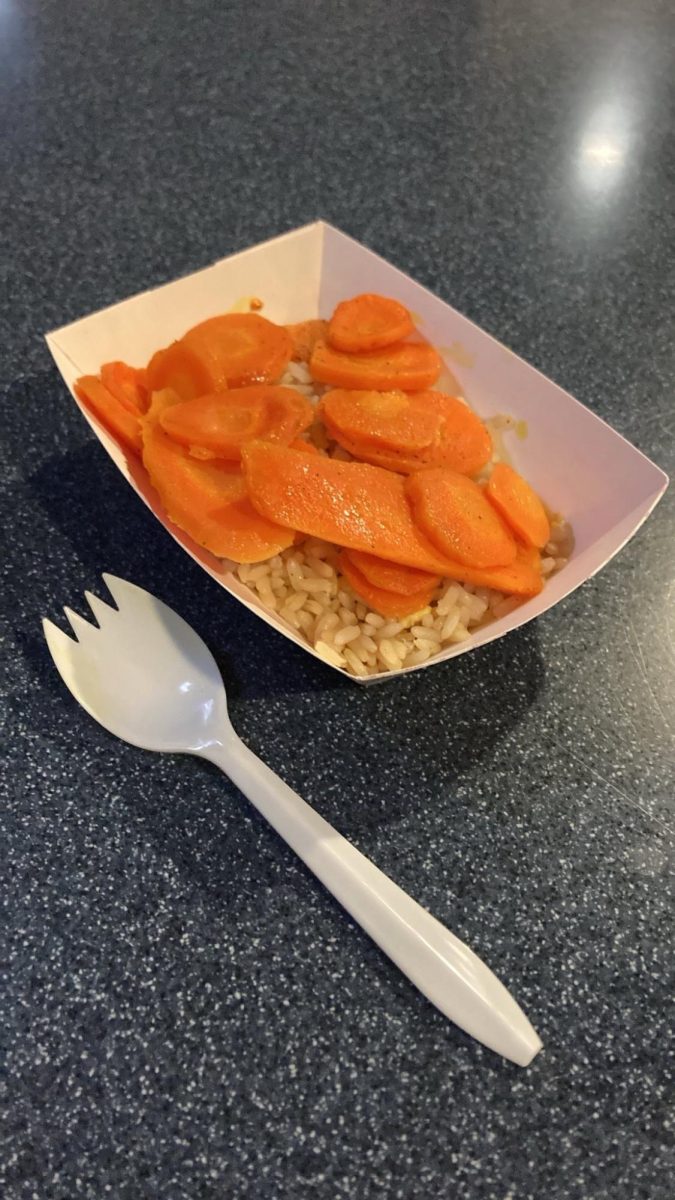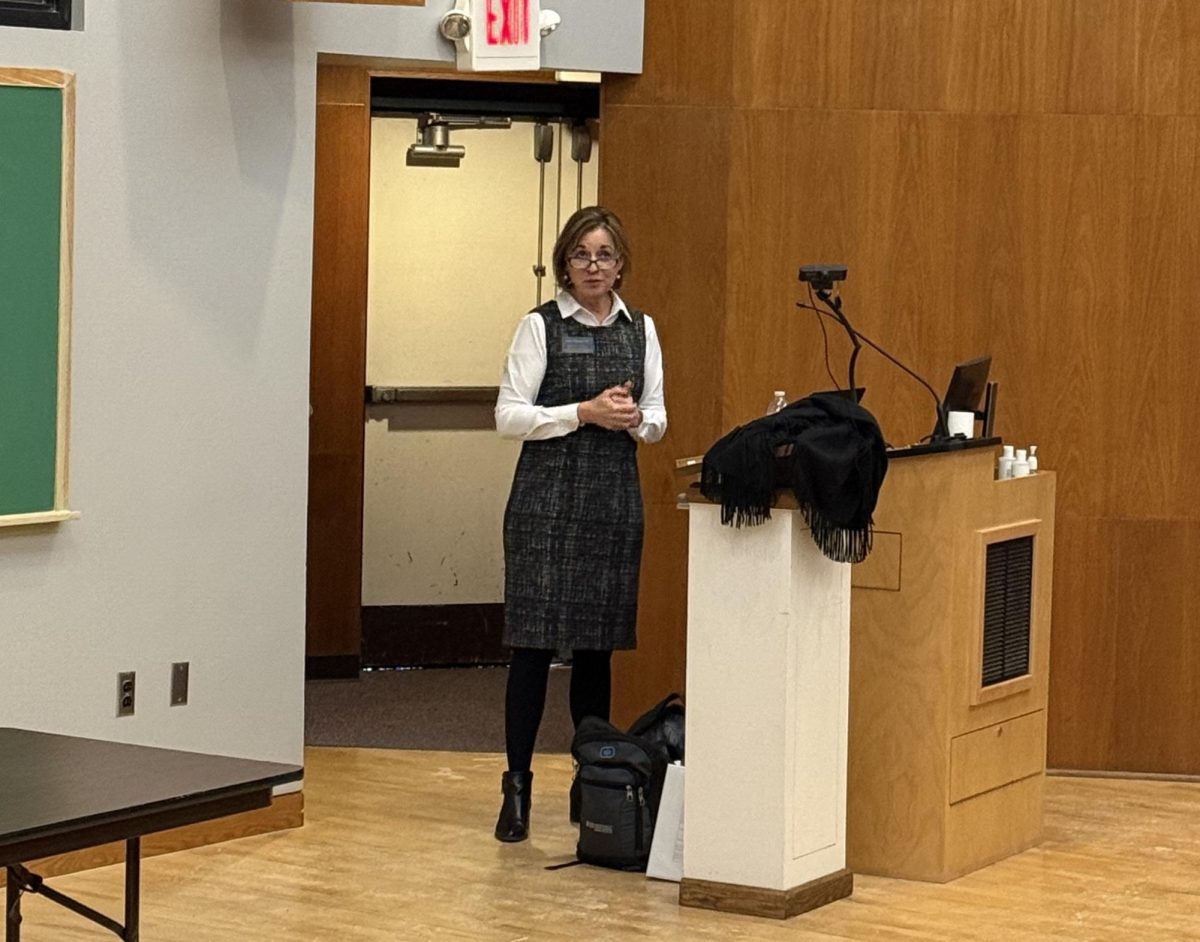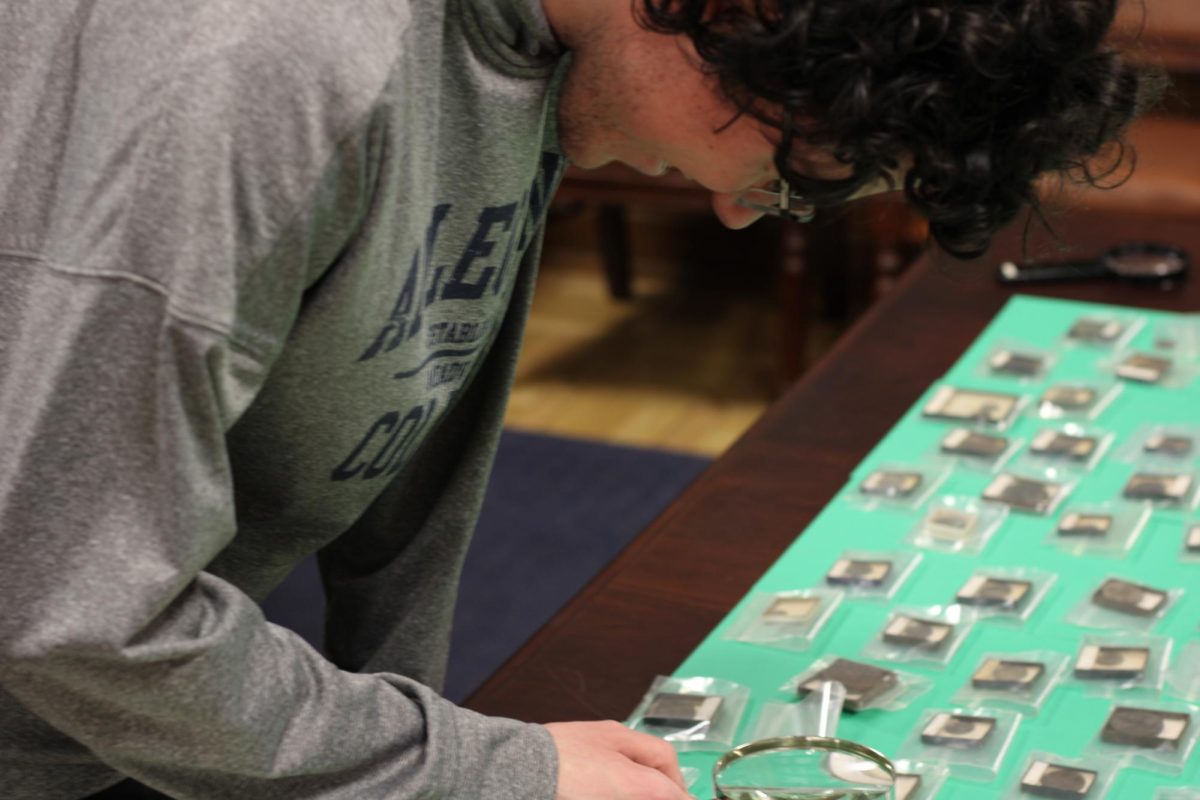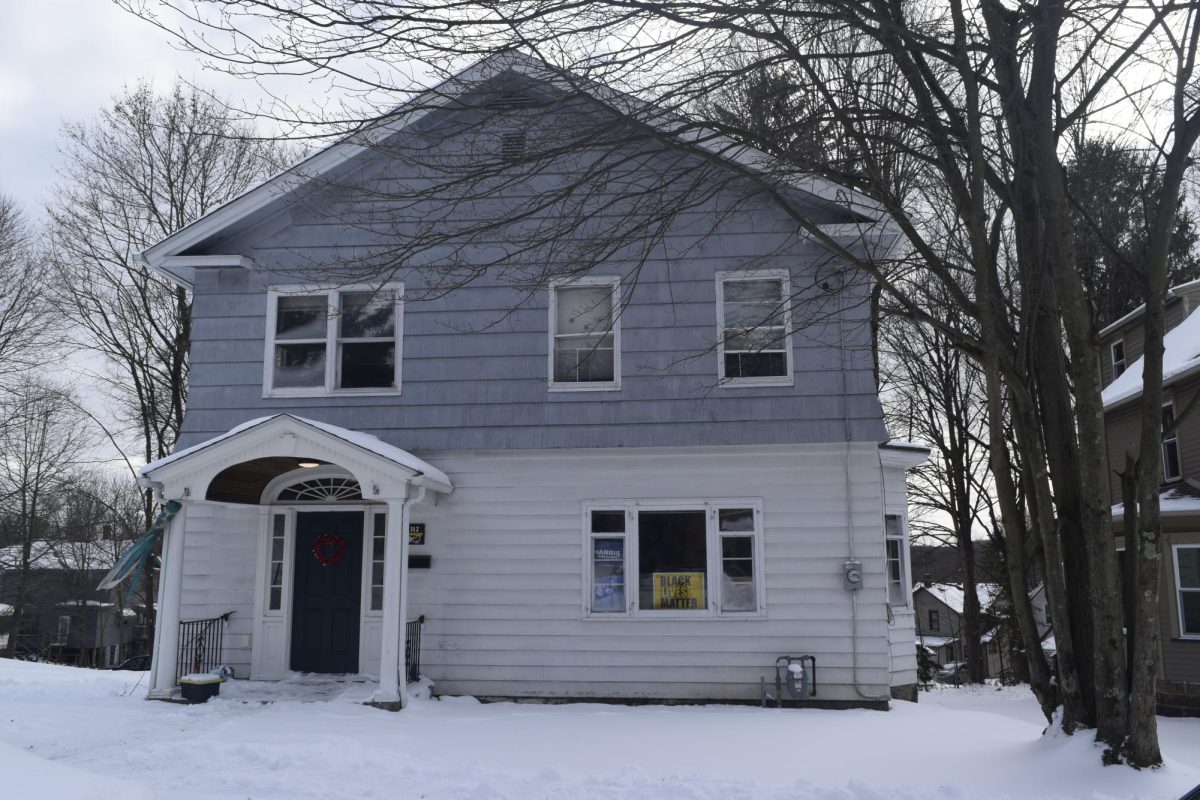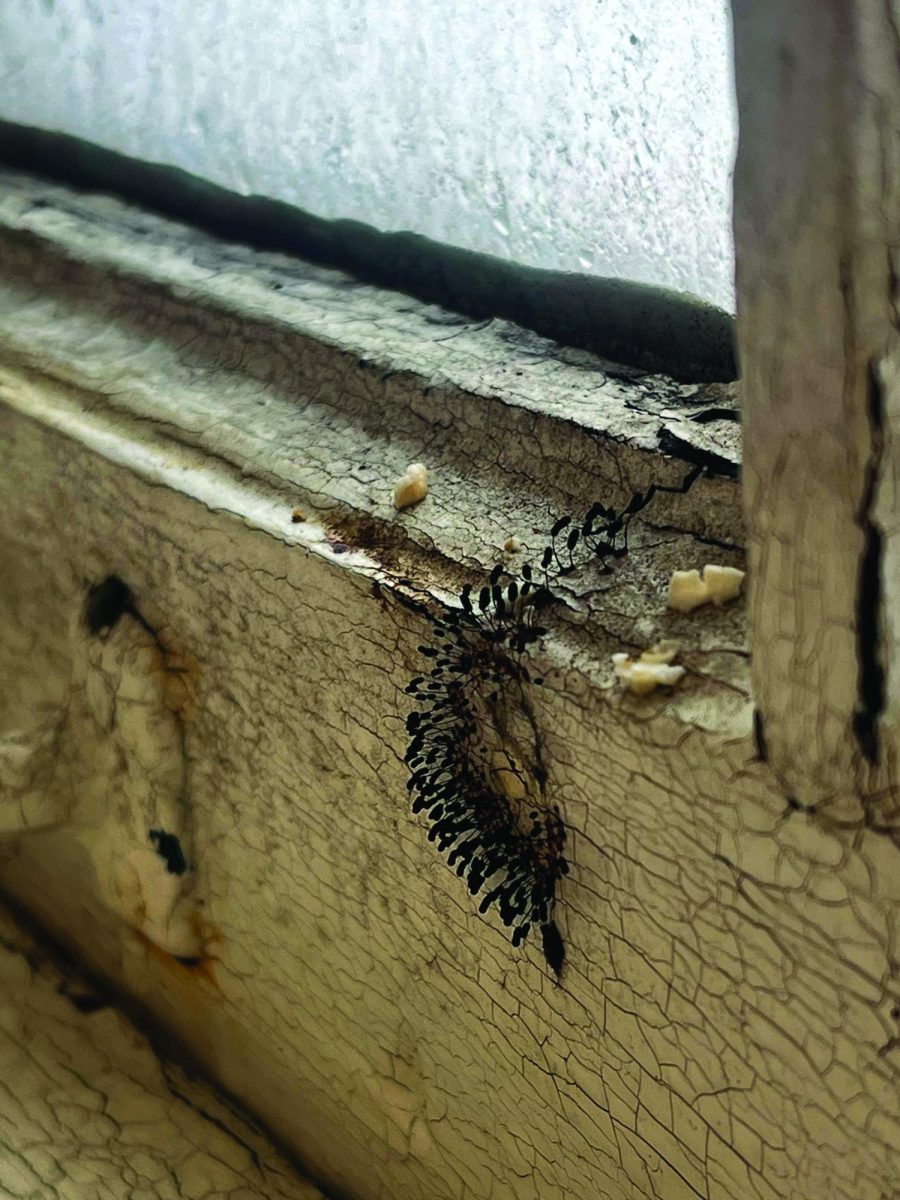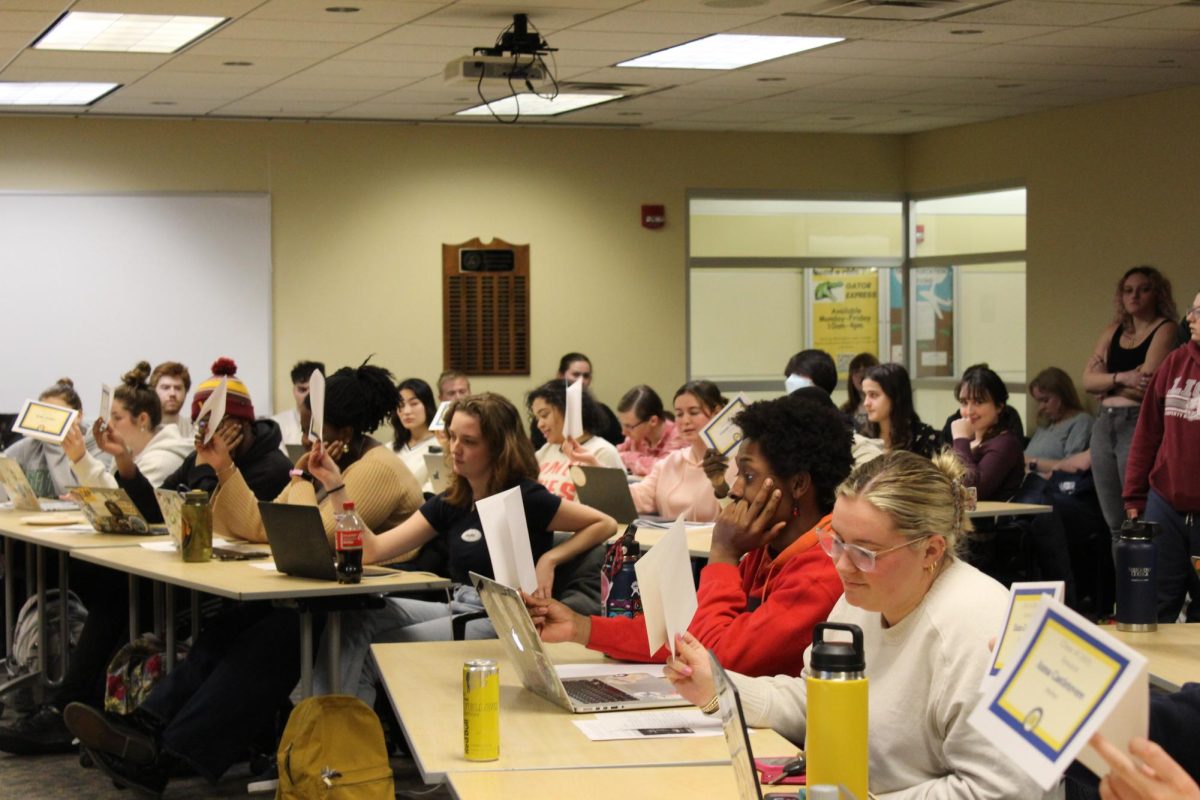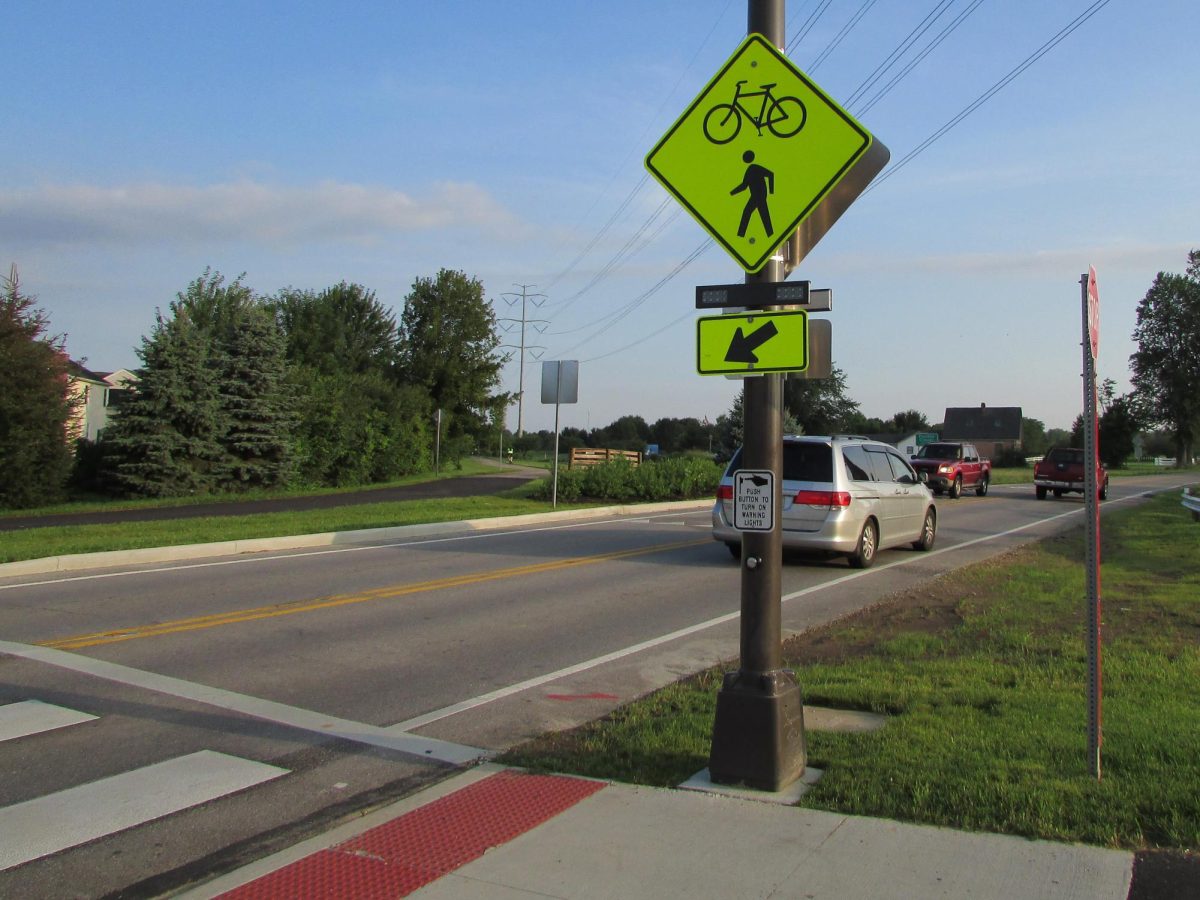New year, new Wi-Fi. After nearly six months of inconsistent access to wireless internet, reliable, though occasionally, slow Wi-Fi is available across campus.
This progress is due to ongoing work from the Information and Technology Services team, who in October faced the monumental task of completely rebuilding the college’s network infrastructure after a failed contract with Wi-Fiber, a Maryland-based network provider.
“I’m super excited about the work the team has done,” said Chief Information Officer Katrina Yeung. “It was a ton of work in ten weeks. I know that there was a lot of pain leading up to (it), but when we actually had the vision of where we needed to go (and) go for it, it was ten weeks to execute it, which is really fast.”
Over winter break, the IT team removed all nonfunctional access points they could find, including from students’ rooms. Yeung acknowledged that though the team removed several hundred access points, she knows there are more scattered across campus and encouraged students to contact IT if they see access points with Wi-Fiber’s branding.
Additionally, the team repaired a fiber-optic cable that was damaged during the demolition of Caflisch Hall and made small changes to the college’s firewall in an effort to improve cybersecurity.
The team also configured the infrastructure of the Pelletier Library and Doane Hall data centers to achieve an industry-standard set-up. Previously, all activity on the college’s internet flowed through the Pelletier data center, while the Doane Hall data center sat dormant. Now, instead of defaulting through the library, the network will be able to identify which of the two data centers will allow for the fastest internet for users.
“Hopefully the network is much more stable — I’ve had nothing but good comments,” Yeung said, before adding that a professor who works in Quigley Hall recently told her this is the best Wi-Fi he has ever had in his office.
Student opinions suggest that the Wi-Fi has been more stable and easier to access in both academic buildings and residential halls than before break.
“All of my roommates — the three of us — we sort of talk about it here and there, but not as much as we did last semester when it was just really bad,” said Kari May, ’24. “In my apartment in (Allegheny) Commons, I’m able to watch TV and do homework at the same time without an ethernet cable, so that’s always a plus.”
Erica Fontan, ’24, and Nickel Spartz, ’26, also agree that the Wi-Fi has been better this semester in both residential halls and academic buildings, though they have both had connectivity issues in the Henderson Campus Center.
Fontan, who serves as president of Grounds for Change, said that she has already experienced some “spottiness” while doing her homework in the coffee shop. She is worried that unstable Wi-Fi is going to impede GFC’s ability to operate again this semester by making it difficult for them to track electronic payments.
Spartz, who serves as public relations chair for GFC, said that the board has already faced some problems during meetings held this semester.
“We’ve had board meetings in the GFC space and I have not been able to access anything in a timely manner this semester or even open documents that I need to,” Spartz said. “It can be frustrating. I know that there has been improvements, but I just — it would be really nice to have stable Wi-Fi everywhere on campus so that I can do work where I need to do work because sometimes I don’t have an option.”
For some students, this is the first semester they are experiencing the Wi-Fi firsthand.
Jacquelyn Clark, ’24, Katherine Hoehl, ’25, and Elizabeth Dyer, ’25, all studied abroad last semester. Even though there were hundreds of miles between them and campus, all were kept in the loop by their friends and campus communications.
“It was funny getting the email every once in a while being like, ‘Oh, we’re still working on the Wi-Fi situation,’” Hoehl said. “I was like, ‘It’s still going on? Wow, this is actually a really big deal and not just a little fluke.’”
Dyer had a similar experience of realizing the scope of the problem.
“At first it sounded like a little fluke and then it became a character of the semester,” Dyer said. “Everybody knew there was something going on with the Wi-Fi all the time.”
Clark said that what initially started out as a comedic story she occasionally heard about from her friends quickly progressed to become one filled with anger and annoyance.
“They were like, ‘You escaped at the perfect time,’” Clark said.
“So many people told me that — that I chose a good semester to miss,” Dyer added. “Which I feel really bad saying (because) that’s sad.”
The first day Clark returned to campus, she tested the Wi-Fi speed in her residential hall and was pleased to find that it was functioning.
All three former study abroad students have noticed some instability in the network, but generally agree that the Wi-Fi is working pretty well.
“I think I’ve just noticed a difference from the past,” Dyer said. “I also — from hearing stories — know that it’s not as bad as it was for people in the fall.”
One common theme that Spartz, Fontan, Clark, Dyer and Hoehl all have noticed is that their Wi-Fi connections are slower in the residential halls in the evenings.
“If it’s past ten at night, forget about it,” Spartz said. “I just need to connect to my ethernet cable.”
In a written statement to The Campus, Yeung said that she was unaware of the trend.
“We heard evenings were slow last semester, but not that the issue has persisted widley this semester,” Yeung wrote. “I’d be interested in additional details from those who are having issues.”
Yeung also wrote that she heard of a relevant situation in the library on the night of Saturday, Jan. 20. A student using a Mac was having internet trouble, but was working on a shared Google Doc with a student they were sitting right next to — who was working on a Windows PC and who was not experiencing the same difficulties.
“The issue appears to be person/device specific versus a general system issue, given only one experienced an issue,” Yeung wrote. “I need broader data points to narrow down any potential issue. I’m committed to continuous improvements to enhance the student experience.”
Yeung encouraged any students who encounter spots on campus with either no wireless or a spotty wireless connection to submit an IT ticket at
webhelp.allegheny.edu.
“Of course there’s always more work to do, and you’ll find small pockets where we don’t have connections,” Yeung said. “But we can fix those things if we’re aware of them.”
Yeung said she hoped the Wi-Fi continues to improve and that students will be able to get some closure once it is completely fixed.
“Once we have everything wrapped in a neat little bow — something cathartic,” Yeung said. “I was thinking ‘access point baseball’ on the Murray lawn.”
Categories:
Wi-Fi improves after break
Students study in Grounds for Change on Thursday, Jan. 25. There have been reports this semester of other students experiencing difficulties accessing the Wi-Fi in the space.
Story continues below advertisement
1
More to Discover
About the Contributor
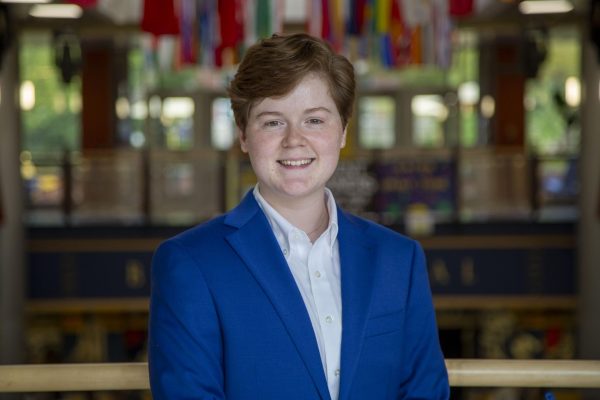
Anna Westbrook, Editor-in-Chief
Anna Westbrook is a junior from the Washington, D.C. area. They are majoring in Environmental Science and Sustainability with a concentration in law & policy and a minor in Political Science. This is their third year on staff; they were first a News Writer, then served as News Editor, and now as Editor-in-Chief. In their free time, Anna likes to read, play the piano, go on camping trips with their friends, and drink a copious amount of coffee.






